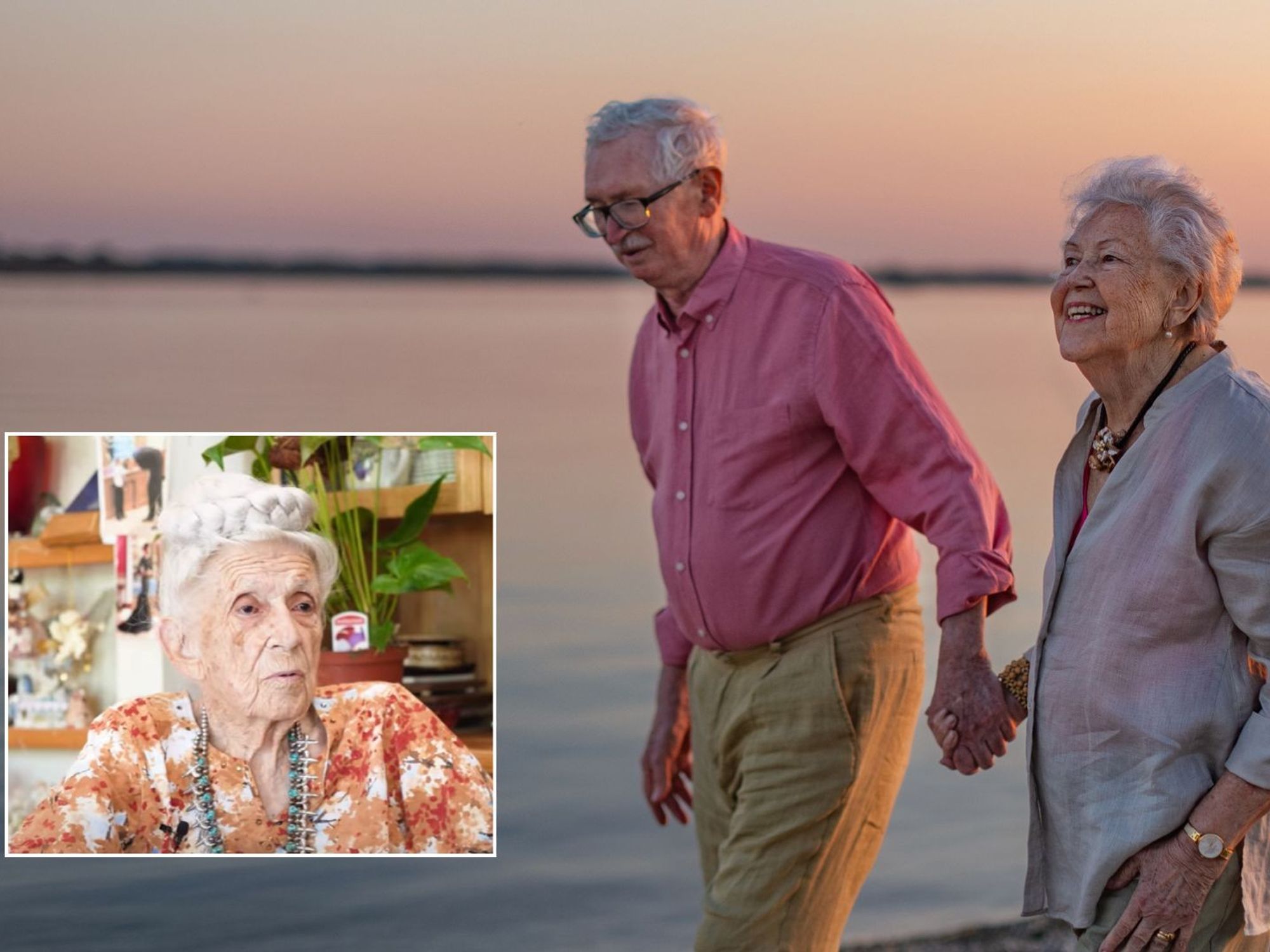An outbreak legionnaires disease in Milan has left three dead and dozens sick
Getty Images
The potentially life-threatening bug contaminates air-conditioning units and pools
Don't Miss
Most Read
Trending on GB News
Three people have died and dozens have become infected after being diagnosed with legionnaires' disease during an outbreak in Milan.
Health officials are scrambling to contain the spread, which they fear has contaminated the local water supply.
Legionnaires' disease is a potentially fatal form of pneumonia and everyone is susceptible to infection. The risk increases with age but some people are at higher risk including people over 45.
Around 90 percent of people exposed to legionella bacteria, which can grow and spread in built water systems like cooling towers and pools, do not experience symptoms.
But up to 15 per cent of those who do become ill can suffer from severe disease, which can lead to life-threatening complications.
The latest figures from the European Center of Disease Prevention and Control (ECDC) show at least 49 cases of the disease have been recorded in the Lombardy region.

At least 49 cases of the disease have been recorded in the Lombardy region
GETTYThe first recorded case was on April 11.
All cases are between the ages of 26 and 94, with 28 women and 21 men involved.
The majority (45) had some sort of underlying health condition, which put them at higher risk of serious illness.
About 12 of the 49 confirmed cases remain in hospital, while three have died, the ECDC says.
According to the Centers for Disease Control and Prevention (CDC), the most common way for someone to get sick is by breathing in mist containing legionella - the bacterium which causes legionnaires' disease.
The bacteria can become a health concern when they grow and spread in human-made building water systems like:
- Showerheads and sink faucets
- Hot tubs
- Decorative fountains and water features
- Hot water tanks and heaters
- Large, complex plumbing systems
- Cooling towers
It's unclear how it's spreading in Milan but authorities are inspecting cooling towers in the region and cleaning water systems with chlorine in a bid to stop transmission.
It's usually caught in places like hotels, hospitals or offices where the bacteria have got into the water supply so holidaymakers are being urged to keep the taps running before using them.
Symptoms of Legionnaires' disease include:
- A cough
- Shortness of breath
- Chest pain or discomfort, particularly when breathing or coughing
- A high temperature
- Flu-like symptoms
Ask for an urgent GP appointment or get help from NHS 111 if:
You have symptoms of Legionnaires' disease such as:
- A cough that's lasted three weeks or more
- Coughing up blood
- Chest pain that comes and goes, or happens when breathing or coughing
- Feeling short of breath
Tell them where you've been in the last 10 days, such as if you stayed in a hotel, spa or hospital, advises the NHS.
You may need to go to hospital if you're diagnosed with Legionnaires' disease, the health body adds.








